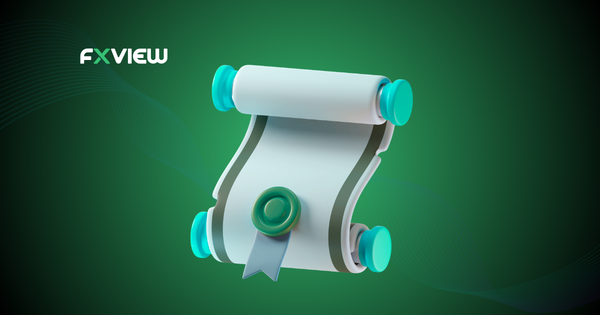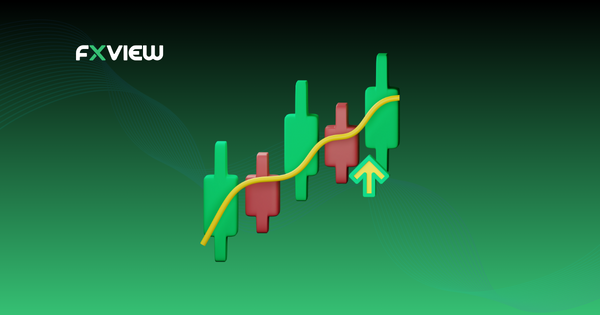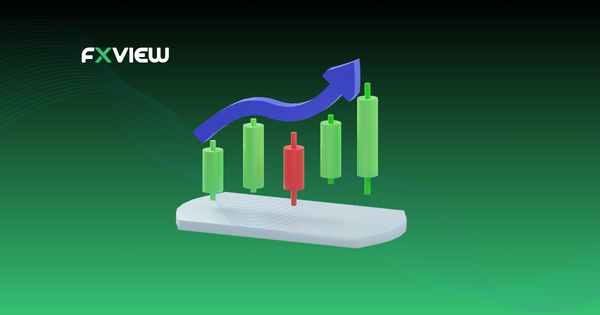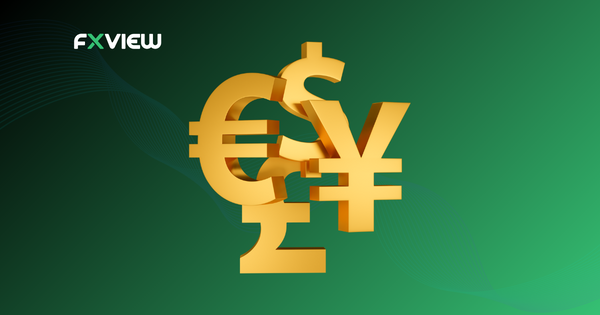
History of Forex Trading
Let’s talk about the history of forex trading, but before that, let’s take a trip back to the good old days of bartering, from where it all began! Before the existence of financial institutions and banks, people traded goods and services through a system known as bartering. Can you believe it? It was like the original Farmers Market, except without the cute little baskets and artisanal bread.
As societies got more complex (typical of them), people realized that they needed a better way to exchange goods and services. Thus, the idea of currency exchange popped up. Although, it was not the dollar bill or the pound. They used things like shells, beads, and even salt as currency.
What is the History of Forex Trading?
Let’s skip a bit ahead – coins made of precious metals like gold and silver were introduced. These coins were the original bling-bling, and people were probably doing the equivalent of the “flexing” TikTok trend with them. But, they weren’t perfect – their value was determined by weight, which led to problems with counterfeiting and the need for regular assessments of their authenticity. Can you imagine carrying around a little scale every time you want to buy something? Talk about a workout!

A major turning point in the history of cash exchange occurred during the medieval era. Traders started to realize the importance of trading with one another, which caused the rise of a new form of currency called bills of exchange. Think of them like a promissory note, allowing merchants to transfer funds across different regions and currencies with ease. It was like Venmo/PayPal but on a piece of paper.
Banks began to form in the 17th and 18th centuries, and they soon began issuing paper money backed by gold reserves. This was like the original form of Monopoly money, except it actually meant something. Yes, you know it, that’s the “gold standard” that became a dominant currency exchange until the early 20th century.
What happened next? World War I happened! And involved countries needed more money to finance their war efforts. That’s the day when the gold standard started to see collapse due to the devaluation of the currencies. It was like everyone just started printing money, and making a loads of it!
Forward to 1944, the Bretton Woods agreement was signed. That created an establishment where the US dollar was marked as the world’s reserve currency – this led to the creation of a new system of currency exchange that is known as forex trading. And the rest is history.
When did online Forex Trading come into existence?
Fast forwarding to a few more decades, where we saw the rise of electronic trading. Gone were the days of shouting out bids and offers on a crowded trading floor – Traders could buy and sell currencies with just a few clicks.
With the advent of the internet, forex trading went global. BOOM! Traders can just connect with each other (or in fact, with you) to buy, sell, and trade currencies 24/5 (just so you know, it is 24 hours a day and 5 days a week).
Now we all know that forex trading is a massive global market, with trillions of dollars in trading volumes happening every day. It’s like the stock market with even more numbers and charts to decipher. With Artificial Intelligence (AI) and machine learning on the rise, thanks to technology, forex trading is becoming even more advanced and sophisticated with each and every new development.
Key Takeaways
- Before banks and financial institutions, people exchanged goods and services through bartering, such as shells, beads, and salt.
- Coins made of precious metals like gold and silver became the new means of trade, although they posed challenges regarding authenticity and counterfeiting.
- During the medieval era, traders used bills of exchange, akin to modern-day promissory notes, to conduct trade across regions and currencies.
- Banks began issuing paper money backed by gold reserves, leading to the gold standard system, but was devalued during the war.
- The Bretton Woods agreement cemented the US dollar as the world’s reserve currency, paving the way for the forex trading system we recognize today.
- With technological advances, trading transitioned from physical trading floors to electronic platforms, and that is when forex trading became a truly global endeavor, allowing trading 24/5 from anywhere in the world.
So, there it is – a brief journey through the evolution of forex trading, from bartering to the global market we know today. Who knows what the future holds for forex trading!
Conclusion
In a nutshell, forex trading has a rich history. It started with bartering and then moved to coins made of valuable metals. Later on, there were promissory notes and the gold standard. Things really changed during the Bretton Woods agreement in 1944 when the US dollar became the world’s top currency. That’s when modern forex trading began.
Fast forward to today, thanks to the internet, we can trade currencies globally. Technology, like AI and machine learning, keeps making forex trading more advanced. So, that’s the quick journey from bartering to today’s high-tech forex trading!
Disclaimer: The information contained in this article is provided for educational and informational purposes only and it is not intended to be, nor does it constitute financial, investment or trading advice. You should not make any financial, investment or trading decision based on the information provided in this article without performing your own research or seeking advice from an independent advisor.



